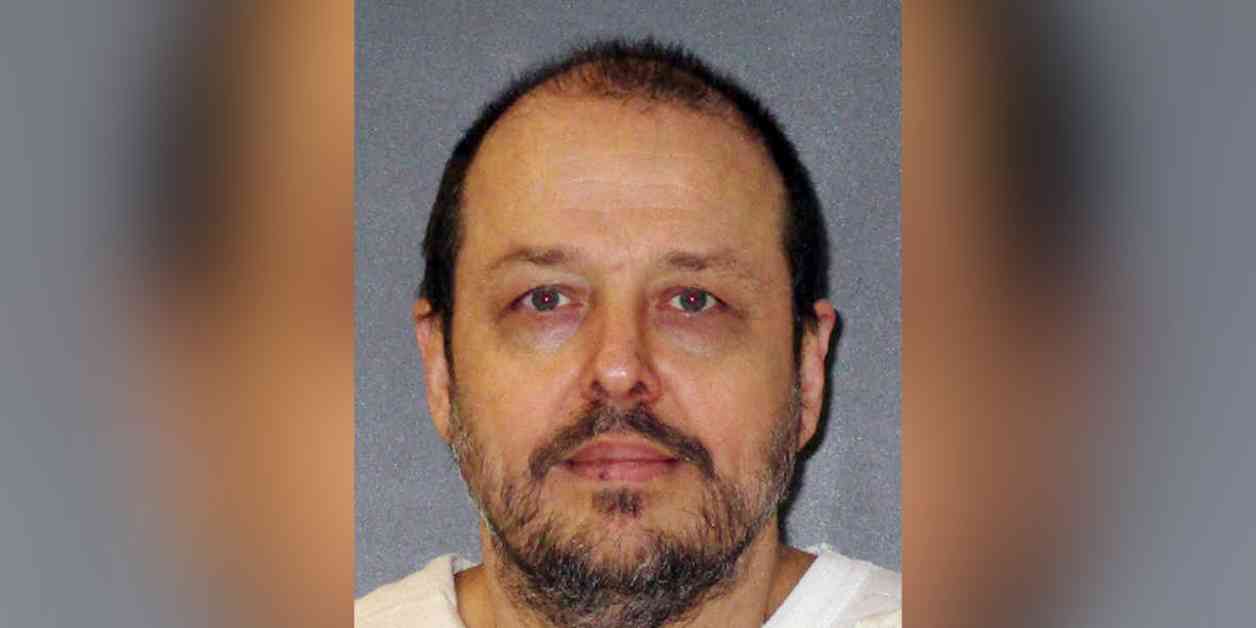Texas Lawmakers Urge Halt to Execution of Convicted Killer Amid Doubts
A bipartisan group of Texas lawmakers has come together to call for a halt to the execution of Robert Roberson, a man convicted of killing his two-year-old daughter in 2002. Scheduled to be executed by lethal injection on October 17, Roberson’s case has sparked widespread concern and debate over the validity of the evidence that led to his conviction.
The petition, signed by 84 lawmakers from the 150-member state House, as well as medical experts, death penalty attorneys, a former detective on the case, and bestselling novelist John Grisham, argues that Roberson’s conviction was based on faulty scientific evidence. This rare showing of bipartisan support against a planned execution in Texas highlights the serious doubts surrounding the case.
At a press conference held at the state Capitol, Democrat Rep. Joe Moody emphasized the bipartisan nature of the concerns raised by the lawmakers. “There is a strong majority, a bipartisan majority, of the Texas House that have serious doubts about Robert Roberson’s execution,” Moody stated. “This is one of those issues that is life and death, and our political ideology doesn’t come into play here.”
Questionable Evidence and Changing Perspectives
Roberson’s conviction was primarily based on the prosecution’s claim that his daughter, Nikki Curtis, died as a result of injuries sustained from being violently shaken. However, medical experts who have since reviewed the case have raised doubts about the validity of the shaken baby syndrome diagnosis.
The petition argues that Nikki’s death was not a crime, but rather a tragic outcome of complex medical problems that were not fully understood at the time. Experts now believe that doctors may have been too quick to diagnose shaken baby syndrome without considering other possible medical explanations for the infant’s symptoms, including pneumonia.
Roberson, who has consistently maintained his innocence, took his daughter to the hospital in 2002 after finding her unconscious with blue lips. Despite his claims that Nikki had fallen off the bed while they were sleeping, doctors at the time were skeptical and testified that her symptoms were consistent with shaken baby syndrome.
Legal Challenges and Public Support
The Texas Court of Criminal Appeals previously halted Roberson’s execution in 2016, but the case was allowed to resume last year, leading to the new execution date being set. Prosecutors have continued to argue that the evidence against Roberson remains solid, and that the science behind shaken baby syndrome has not significantly changed.
However, the growing support from lawmakers, medical experts, and other advocates for halting Roberson’s execution highlights the evolving understanding of the case and the need for a thorough review of the evidence. Brian Wharton, a former chief of detectives who helped in Roberson’s prosecution, has publicly stated his belief in Roberson’s innocence and joined the call for a halt to the execution.
As the scheduled execution date approaches, the pressure on Texas Governor Greg Abbott and the Board of Pardons and Paroles to reconsider Roberson’s case continues to mount. With bipartisan support and a strong coalition of voices advocating for a closer examination of the evidence, the fate of Robert Roberson hangs in the balance.




